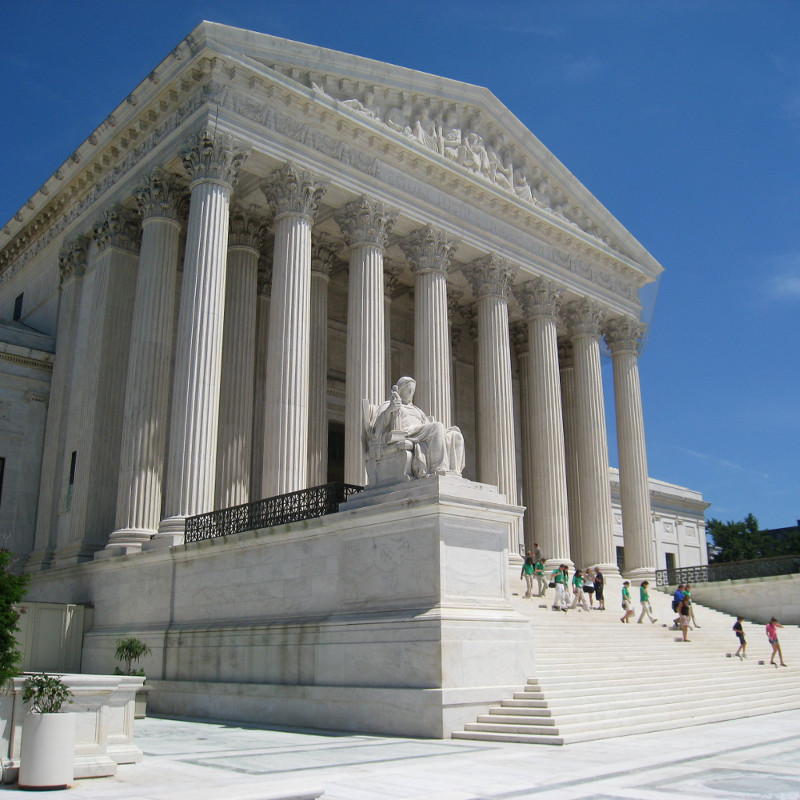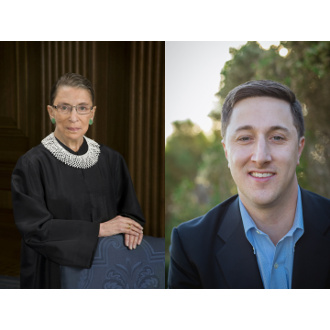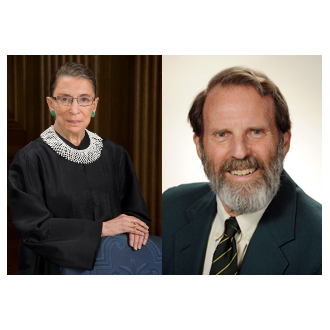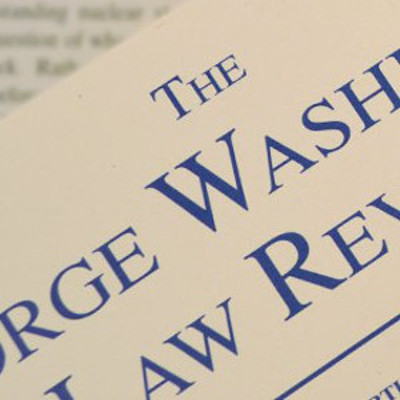The Natural-Born Citizen Clause, Popular Constitutionalism, and Ted Cruz’s Eligibility Question
Professor Christopher W. Schmidt and Professor Matthew T. Bodie · April 2016 84 Geo. Wash. L. Rev. Arguendo 36 This Essay argues that recent debates over the eligibility of Barack Obama and Ted Cruz to serve as President offer unique insights into the phenomenon of constitutional contestation outside the courts. Rather than anything approaching serious... Read More
On the Docket’s Preview of April Supreme Court Arguments
The Supreme Court’s decisions often create wide-ranging precedent that affects many people, and it is easy to forget that the cases involve individuals who personally have a lot at stake in the case’s outcome, regardless of the case’s broader impact. This month’s cases bring the personal aspect of Supreme Court cases back into focus. Many of... Read More
Evenwel v. Abbott: A New Attempt to Define “One Person, One Vote”
Evenwel v. Abbott, 578 U.S. ___ (2016) (Ginsburg, J.). Response by Professor Derek Muller Geo. Wash. L. Rev. Docket (Oct. Term 2015) Slip Opinion | New York Times | SCOTUSblog Evenwel v. Abbott: A New Attempt to Define “One Person, One Vote” “One person, one vote” is a popular mantra, one nearly1 inviolable... Read More
Evenwel v. Abbott: Redistricting—When Whom You Count Really Counts
Evenwel v. Abbott, 578 U.S. ___ (2016) (Ginsburg, J.). Response by Dean Alan Morrison Geo. Wash. L. Rev. Docket (Oct. Term 2015) Slip Opinion | New York Times | SCOTUSblog Redistricting—When Whom You Count Really Counts For the second time in less than a year, the Supreme Court turned back a challenge to a... Read More
China’s Variable Interest Entity Problem: How Americans Have Illegally Invested Billions in China and How to Fix It
Samuel Farrell Ziegler 84 Geo. Wash. L. Rev. 539 U.S. investors have invested over $70 billion in Chinese companies. Many of those investments—by some estimates most—are illegal under Chinese law. Some of China’s largest companies, including nearly half of the Chinese companies listed on U.S. stock exchanges, are participants in this scheme to facilitate illegal... Read More
A Judicial Solution to the Medicaid Gap: Using Section 1983 to Do What the Federal Government Cannot
Dylan Scot Young 84 Geo. Wash. L. Rev. 511 The effect of the decision in National Federation of Independent Business v. Sebelius (“NFIB”), can be felt most directly in the eighteen states that refused to expand their Medicaid programs under the Patient Protection and Affordable Care Act. The pertinent legal ramifications of NFIB can be... Read More
Tailored Treatment, Tailored Enforcement: Protecting Innovation in Personalized Medicine from a Patent-Protection Loophole
James R. Whittle 84 Geo. Wash. L. Rev. 480 A once obscure patent law doctrine, “divided infringement,” threatens the future of innovation in life-saving medical treatments. This anomaly, shaped by software patent cases but applicable to enforcement of any method patent, provides a patent-protection loophole for certain infringers. Divided infringement has generated much discussion and... Read More
Fixing Bail
Samuel R. Wiseman 84 Geo. Wash. L. Rev. 417 A large portion of the jail population consists of criminal defendants whose guilt has yet to be established. A growing number of states have attempted to reduce jail populations in light of budget concerns, and many federal and state statutes already direct judges to detain defendants... Read More
Drones and the Future of Aerial Surveillance
Gregory S. McNeal 84 Geo. Wash. L. Rev. 354 For the first time in American history a regulatory regime is about to allow for small aircraft without onboard pilots—drones—to fly in the national airspace. Legal and technological developments have thus made it all but certain that drones will be a catalyst for new ways of... Read More
Redefining What’s “Reasonable”: The Protections for Policing
Barry Friedman and Cynthia Benin Stein 84 Geo. Wash. L. Rev. 281 How should the Constitution govern police surveillance and investigations? Once, the formal rules were clear, even if not faithfully observed: searches and seizures required probable cause and a warrant. Today, how- ever, the Supreme Court has said that many forms of police activity... Read More




